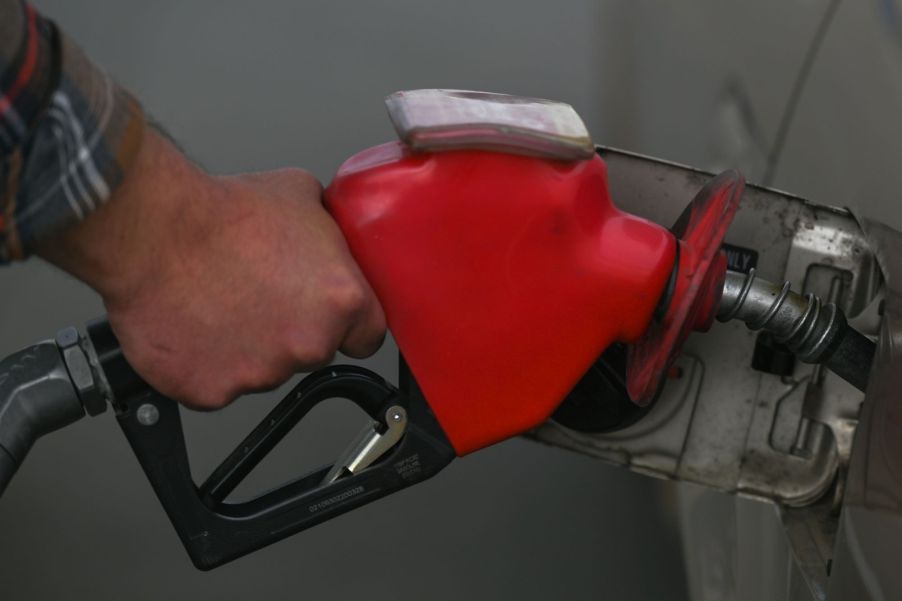
Myth or Truth?: Fuel Additives Improve Gas Mileage
A rise in gas prices is not something unexpected. However, various aspects have driven it quite high in many areas, which has prompted many drivers to look for ways to save money at the pump and improve their fuel economy. One option is to stay off the roads, but few people can do it. The other option is to consider a fuel additive. It sounds viable, but do fuel additives improve gas mileage or not.
What are the most common fuel additives?

Walk into any auto parts store, and you will find a selection of fuel additives that are supposed to be put into your gas tank to improve the way your vehicle performs. The most common automotive use are fuel system cleaners, fuel injection cleaners, and gas mileage additives.
These fuel additives promise to reduce buildup by clearing out the gunk that can be inside your motor and fuel injectors. Ultimately, this should improve the life of your engine.
However, according to McNally Institute, not all additives are created equal. You should avoid corrosive products, which “may potentially damage the fuel pump lining or exacerbate existing problems.”
Beyond that, if you use a diesel fuel additive but add too much of it, you could experience “clogged filters, decreased engine performance, and even a whole new set of fuel and engine problems.”
Myth or truth: Do fuel additives improve gas mileage?
Everyone wants good gas mileage, so using an additive that improves it does sound appealing. Some brands and types may promise to improve your vehicle’s fuel economy by 20% or more. According to the FTC, Green Foot Global LLC claimed it had the “World’s 1st Multi-Vitamin for your Engine” in 2014, which ended in a lawsuit for false claims of improving fuel efficiency, reducing emissions, and saving consumers money.
According to Geico and the FTC, buyers should beware of gas additives, which are mostly “worthless.” Jill Trotta, director of the automotive group at RepairPal, says it best, “If it does make any difference, it’s going to be minimal.”
Therefore, we can mark the idea of a fuel additive in your vehicle as mostly a myth. The only exception to this rule is how you use your car the most, city or highway. “Short trips and the engine doesn’t get hot enough to clean itself, you might want a fuel injection cleaning.” Otherwise, your vehicle should only need the additives already included with your fuel at the pump.
How to improve your vehicle’s gas mileage
Now that we know improving gas mileage doesn’t come from a bottle of fuel additive, what will make it better? According to Geico, there are several things you may consider.
- Drive safely and avoid fast acceleration and hard braking. These things may mean you’re lowering your gas mileage by as much as 33% on the highway.
- Avoid hauling heavy things or a lot of garbage in your trunk. For every 100 pounds you carry, you lose 1% of your fuel efficiency. It may not sound like much, but it can add up.
- Don’t waste time warming your car during the winter months. During the coldest parts of winter, your vehicle’s fuel economy will decline if you allow it to warm up excessively. About 30 seconds and then driving slowly will be more beneficial.
- Take the time to perform vehicle maintenance. In a vehicle, maintenance matters. Keeping your oil filters changed, ensuring your tires are properly inflated, and more will all reduce stress on your motor and improve your gas mileage. It will also ensure that you are doing your part to lower carbon emissions.
- As a last resort, and if your finances make it possible, you may also consider upgrading to a more fuel-efficient vehicle. This is mostly because vehicles produced in recent years have better fuel efficiency than vehicles 20 years ago when you could get only 15 to 20 mpg.


